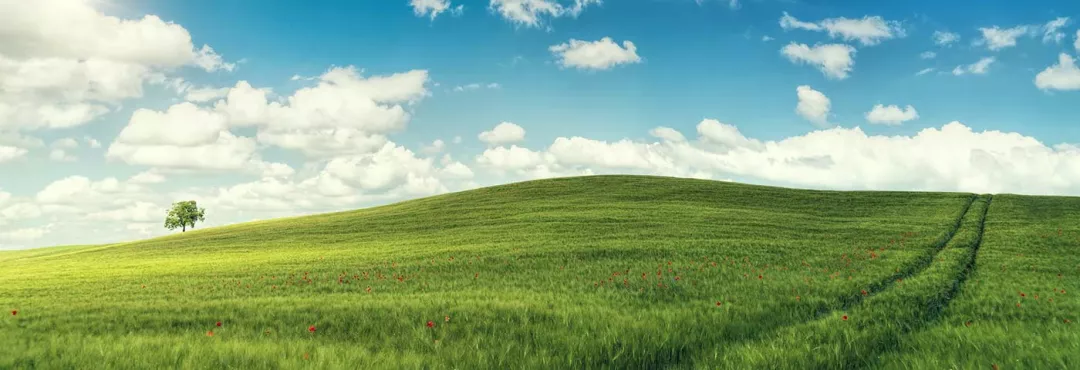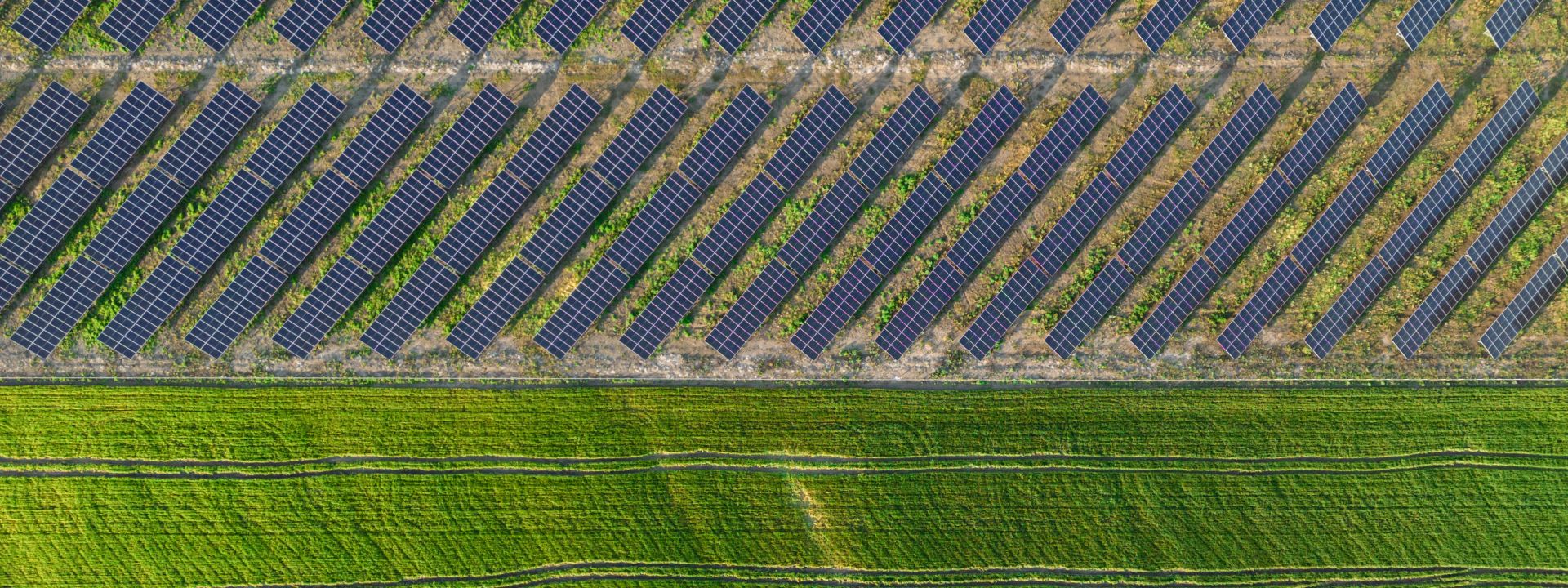The Final Event of the GO-GRASS project entitled 'Unlocking the potential of Grass: new business opportunities for rural areas' will take place on 12-13 March in Brussels, hosted by Greenovate! Europe.

Around 17% of the EU’s total surface area is covered by grassland. This resource is mostly left unused. Apart from the wasted potential, the neglect generates costs for individuals and society.
GO-GRASS is committed to transforming this untapped potential, making it usable, reducing imports of nutrients and dependence on fossil fuels and finding ways to provide the resulting benefits to strengthen rural communities.
Since October 2019, GO-GRASS is developing sustainable circular business models considering social, economic and environmental impacts in rural areas.
By harnessing regional assets, GO-GRASS aims to diversify and revitalise rural economies and provide quality jobs and opportunities in co-operation with entrepreneurs and local authorities.
Making grass a raw material for industrial processing offers farmers opportunities for organising new business models. GO-GRASS results show that farmers could work together in cooperatives to supply grass for processing, or that pre-treatment of the biomass could be undertaken by the farmers.
Farmers could install equipment for processing grass, for example animal bedding or biochar at farm-scale, and work to develop a distribution network beyond the local area.
The project targets large-scale replication, especially in remote communities with unexploited resources.
The Final Event of the GO-GRASS project entitled 'Unlocking the potential of Grass: new business opportunities for rural areas' will take place on 12-13 March in Brussels, hosted by Greenovate! Europe.
This event offers you the opportunity to discover and discuss the project's final results and innovative business models for grass-based businesses in a future bio-based economy.
The conference will feature a tool session for circular business models and technologies developed in GO- GRASS, as well as two policy panels with high-level representatives from different stakeholders at EU, national and local level. We expect insightful debates on the policy recommendations published in the White Paper for grassland opportunities.
The conference language is English.
A highlight will be the demonstration case visit on Wednesday 13 March, which is fully organised, including transportation and a visit to the nearby grass-based paper production facilities in the Netherlands (Dutch demonstration site).
The GO-GRASS consortium consists of a multidisciplinary team of 22 partners from eight European countries (Germany, Spain, Denmark, Sweden, The Netherlands, Belgium, Romania and Hungary).
The project is built around four promising regional demonstration sites located in The Netherlands, Sweden, Germany and Denmark. At these demonstration sites, partners collaborate with farmers, research centres and local technological companies to create grass-based products.
The four demos have proven that the value chains for processing grass into protein powder, animal bedding, fibres for paper making and biochar can be established and offer market-ready products. Optimisation of the technologies for grass processing and market creation are fundamental requirements for establishing the grass-based value chains.
The economic feasibility of the value chains depends on the valorisation of side streams. Technologies for processing side streams are available but a full valorisation of all side streams is often hampered by the lack of access to biogas grids, drying facilities or scale.
Logistics is a key to the feasibility of grass-based value chains. Transportation of biomass for processing must be reduced to a minimum to keep costs down and preserve biomass quality.
Due to seasonality issues, it is important to consider handling and storage of the biomass in collaboration with public sector installations like compost facilities, or by farmers for storing e.g. baled dry grass.
Three follower partners from Hungary, Romania and Spain are taking part in the project to determine if the solutions tested on the four demonstration sites can be replicated in their regions.
Additional info
Organiser

Greenovate! Europe

ACRRES

